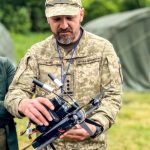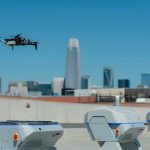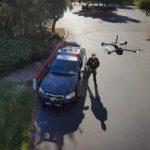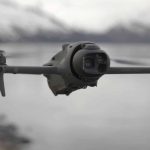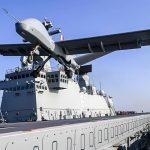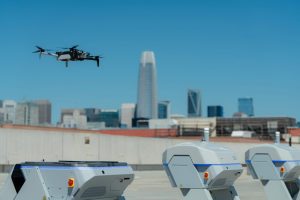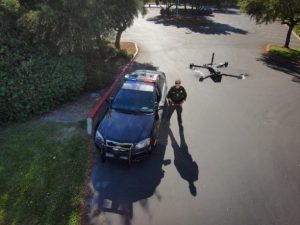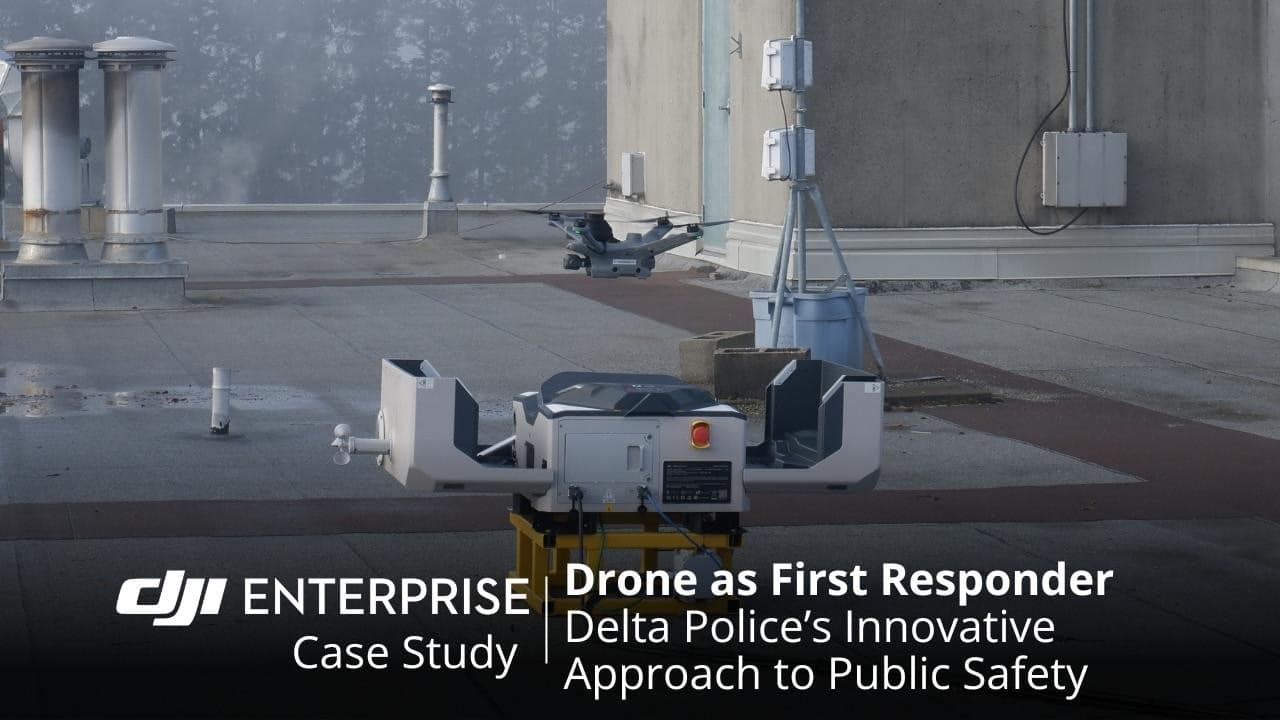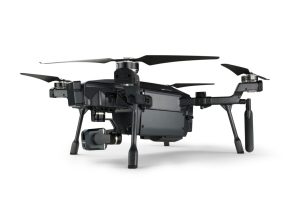Delta Police Launch Innovative Drone as First Responder Program Using DJI Dock 2
In a significant move to enhance public safety, the Delta Police Department in British Columbia is implementing an advanced Drone as a First Responder (DFR) program, leveraging the capabilities of the DJI Dock 2 technology. This initiative was recently detailed in a presentation showcasing how efficiently automated drones, supported by CANDRONE, can be deployed across Delta’s expansive 69.5 square-mile jurisdiction covering more than 108,000 residents.

Quick Drone Deployment for Emergency Situations
Since introducing their first drone in 2017, Delta Police now boast a fleet of 12 drones, with the new DJI Dock 2 allowing for launches within approximately four minutes of an incident alert. This rapid response capability significantly improves officers’ ability to respond without the added delays typically associated with ground traffic. For instance, in a recent case, a drone was deployed promptly to assess a suspected break-and-enter situation, providing valuable information while ensuring the safety of officers on the ground.

Implementing a Drone-First Strategy
By optimizing drone use in various scenarios, Delta Police are reducing reliance on ground units for certain incidents. As Chief Harj Sidhu highlighted, this approach was informed by observing similar successful programs in places like Chula Vista, California. Continuous dialogue with the local community is also prioritized to address privacy and operational concerns as the DFR program evolves.

Compliance with Transport Canada Regulations
To ensure critical compliance with aviation regulations, Delta Police collaborated with Transport Canada to obtain a Special Flight Operations Certificate (SFOC). This thorough process included risk assessments, signal strength evaluations, and ensuring that the DJI Dock 2 operated safely, free from risks to people and other aircraft. The department’s commitment to regulatory standards is underscored by Transport Canada’s successful audit and approval of their operations, particularly regarding advanced features like ADS-B receivers.

Adapting to Local Climatic Conditions
Given Delta’s coastal location, the drones are designed to withstand adverse weather, including heavy rain, nighttime conditions, and potential natural disasters. The weather-resistant DJI Dock 2 and thermal imaging capabilities significantly enhance operation reliability. Safety features like a return-to-home setting and parachute system mitigate risks if a connection is lost or if the drone’s battery is low. Geofencing technology also plays a crucial role in preventing the drones from unintended flights over busy or restricted areas.

Future Plans for Expanded Coverage
Delta Police envision adding multiple drone docks around the city to enhance surveillance and expedite emergency responses. This expansion aims to support routine policing activities and disaster management, allowing officers to access real-time situational data, particularly during flooding or earthquakes. By integrating drone feeds with existing technologies like dash cameras, the department hopes to further improve their response times and protect the community.

The Delta Police’s DFR initiative exemplifies how thoughtful planning, community engagement, and adherence to regulations can successfully incorporate drones into public safety operations. By enabling swift drone deployment and offering officers comprehensive aerial perspectives, this program has the potential to enhance both law enforcement efficacy and public safety.

Delta Police’s approach highlights a harmonious balance of innovation and accountability. The success of their rapid drone deployments may inspire other agencies to explore similar drone-first responder frameworks.
